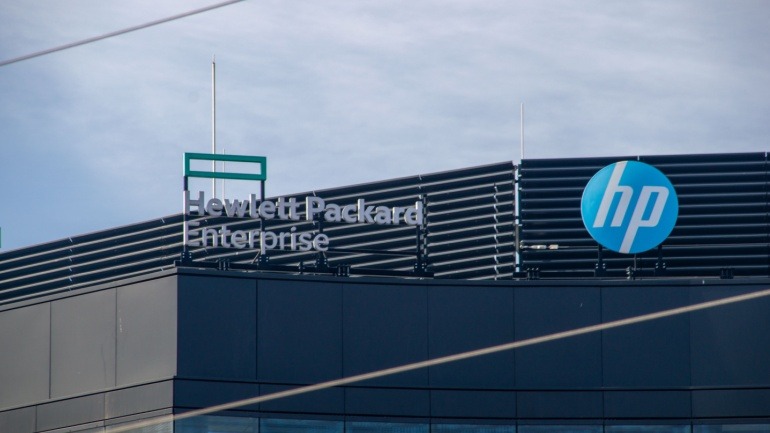T-Mobile US is embarking on a notable transformation journey with the help of Red Hat’s OpenShift Platform. This move signifies T-Mobile’s shift from traditional telecommunications to becoming a more dynamic tech company. Taking this strategic step enables them to harness innovative solutions and operational efficiencies in their private cloud. This development comes ahead of Mobile World Congress in Barcelona, showcasing T-Mobile’s efforts to stay ahead of the curve in the modern digital age.
Lori Ames, T-Mobile US’ Senior Vice President of Cloud, IP, and Transport Technology, highlights the impactful transition with Red Hat. “T-Mobile’s multipurpose cloud will bridge us from a traditional telco to a dynamic techco,” said Ames. This partnership leans on cloud-native advancements, automation, and AI-driven insights to redefine connectivity for the digital economy. With Red Hat’s support, T-Mobile can explore new horizons in edge computing, private networks, and the Internet of Things (IoT).
Red Hat’s OpenShift Platform stands out for its ability to streamline operations and improve automation. By consolidating and standardizing infrastructure across different workloads, it offers potential cost savings. Furthermore, the platform’s capabilities in virtualized and cloud-native network functions accelerate the launch of new applications and services. This advancement ensures scalability and adaptability in hybrid multi-cloud environments, promising reliable, carrier-grade services.
Fran Heeran, Vice President of Red Hat’s global telecommunications, emphasized Red Hat OpenShift’s role in providing a consistent and scalable foundation for telecommunications service providers. “By collaborating with T-Mobile to power its common telco cloud, Red Hat will help unlock new opportunities for streamlined operations…,” Heeran stated, recognizing the platform’s potential to facilitate streamlined operations and efficient service delivery.







